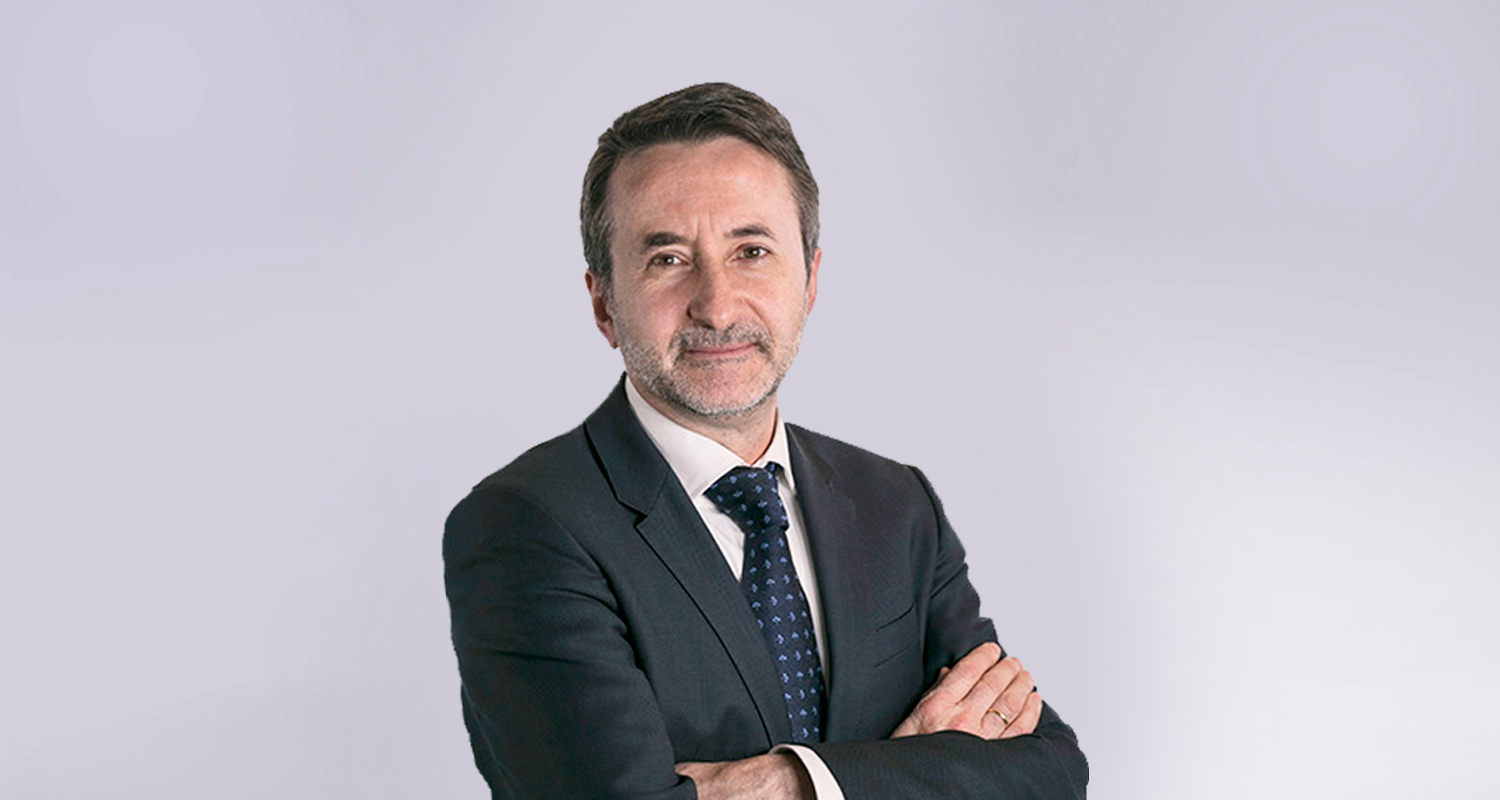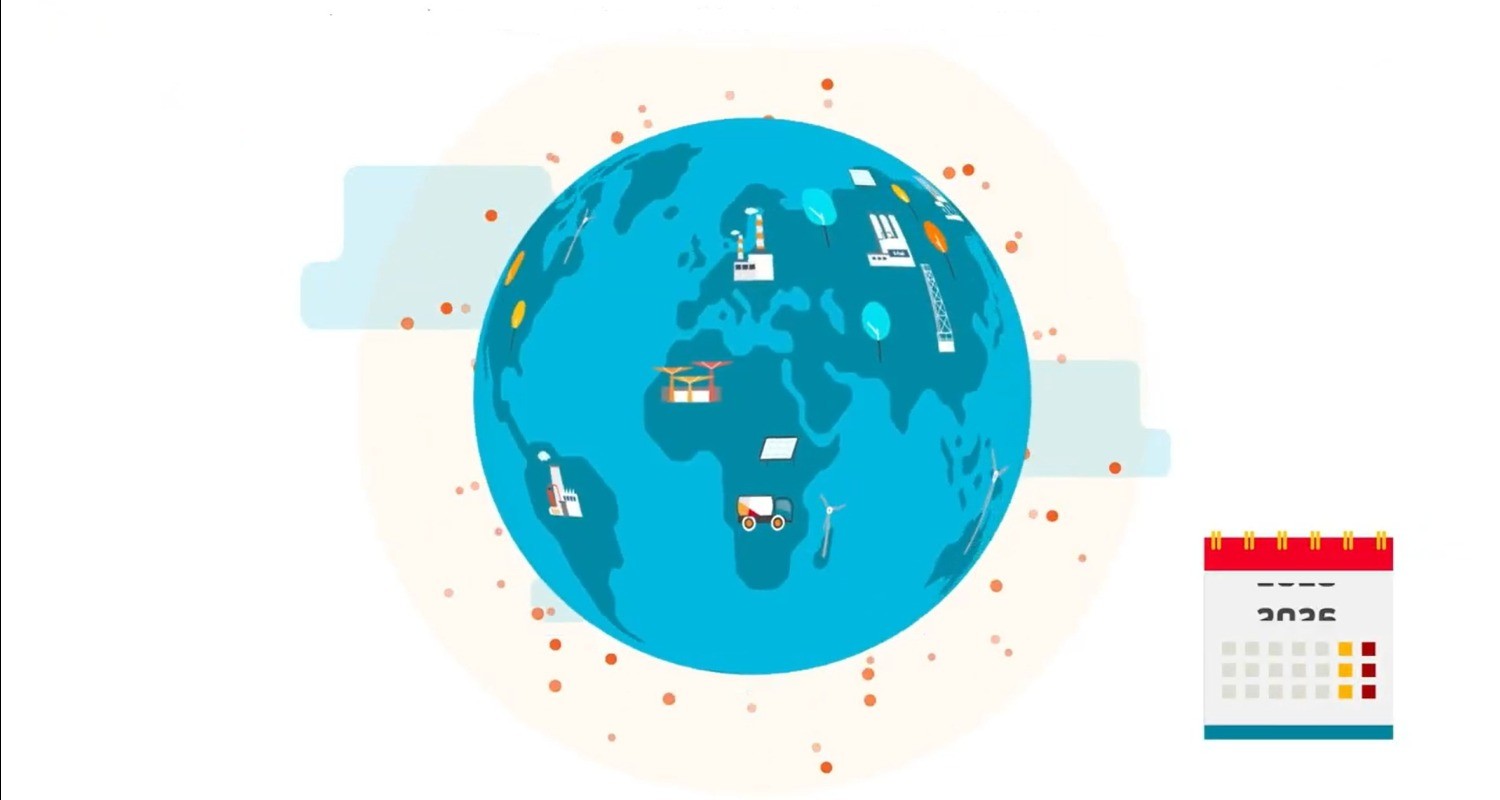Net zero emissions by 2050
Net zero emissions by 2050
Path towards decarbonization
Path towards decarbonization
Our aim is to satisfy the growing demand for energy and products by maximizing our contribution to sustainable development, in order to meet current needs without compromising the needs of future generations, with a commitment to become a net zero emissions company by 2050 in line with the objectives of the Paris Agreement. In order to achieve this goal, our company has established a roadmap that includes intermediate targets on the path to decarbonization.
* Our metric refers to the use of products obtained from our primary energy production. It is a rational approach to establish a common sectoral framework for all O&G companies along their value chain, without double counting emissions and focused on the progression of the primary energy mix as the key driver of the energy transition towards net zero emissions.
The upgrade of our targets demonstrates the solid progress the company is making towards becoming carbon neutral by 2050. Ambition, technology, and project execution are enabling us to increase the speed at which we will achieve this target.”

Our targets
Our targets
We aim to achieve increasingly more ambitious goals as set out in our roadmap to step up the energy transition.
| Decarbonization targets | Unit | Base year | Years | ||||
|---|---|---|---|---|---|---|---|
| 2025 | 2030 | 2040 | 2050 | ||||
| 1 | Carbon Intensity Indicator reduction (based on primary energy)) | g CO2e/MJ | 2016 | 15% | 28% | 55 % | NZE (3) |
| 2 | Absolute S(1+2+3) emissions reduction (based on sales) (1) | Mt CO2e | 2018 | - | 20% | - | NZE (3) |
| 3 | Operated Scope 1+2 emissions reduction | Mt CO2e | 2016 | - | 55% | - | NZE (3) |
| 4 | Methane emissions intensity | %; m3/m3 | 2017 | 0.2 | Near zero(2) | ||
| 5 | Routine flaring emissions | Kt CO2 | 2018 | 172 | Zero |
(1) The absolute gross emissions reduction target of Scope 1, 2 and 3 covers 91% of the company's total GHG emissions: 100% of operated Scope 1 and 2 emissions and more than 90% of Scope 3 emissions.
(2) Committed to the Oil&Gas Decarbonization Charter (OGDC) announced at COP28.
(3) Net Zero Emissions: it means that the amount of greenhouse gases we emit to the atmosphere is the same as the amount we remove from it.
More information on sustainability
More information on sustainability
Updated as of December 2025.



